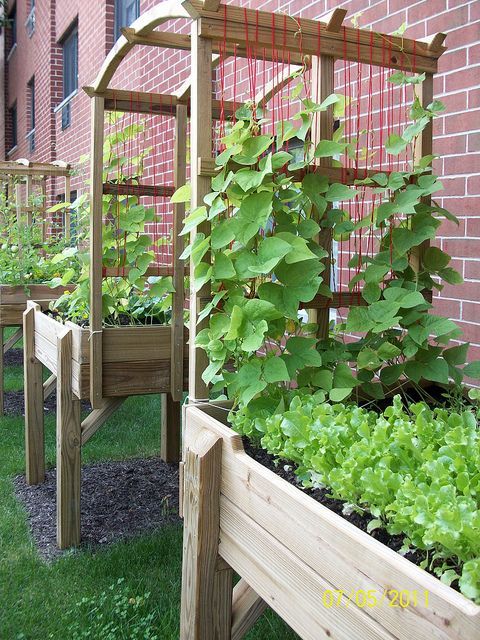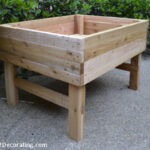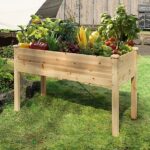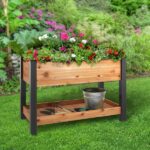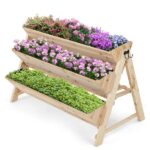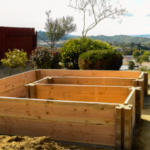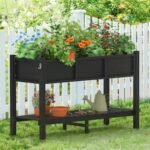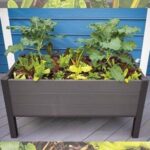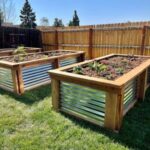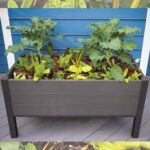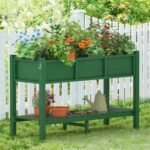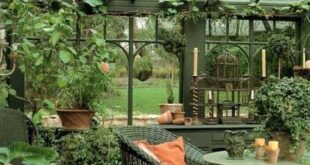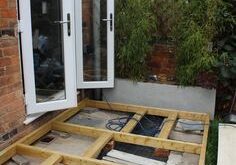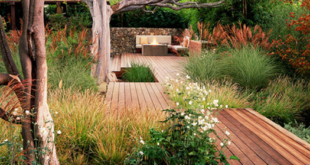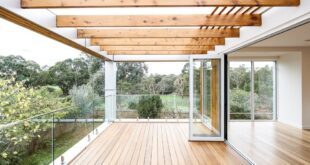Gardening is a beloved pastime for many individuals, providing a sense of relaxation and connection to the natural world. However, for those with limited yard space or mobility issues, traditional gardening methods may not be practical. This is where elevated garden beds can come in handy, offering a solution that maximizes available space while providing a number of benefits for the gardener.
Elevated garden beds are essentially raised containers that are filled with soil and used for planting vegetables, flowers, herbs, and other plants. These beds can be placed on a patio, deck, or balcony, allowing individuals to grow their own produce even in small or urban spaces. By utilizing vertical space, gardeners can increase their growing area and yield without having to expand their lawn or dig up large plots of land.
One of the main advantages of elevated garden beds is that they are more accessible for individuals with disabilities or mobility issues. By raising the planting area to a comfortable height, gardeners can easily tend to their plants without having to stoop, bend, or kneel down. This can help prevent strain and injury, making gardening a more enjoyable and sustainable activity for people of all ages and abilities.
Elevated garden beds also offer better soil drainage and aeration compared to traditional ground-level beds. The elevated design allows excess water to flow freely through the soil, preventing waterlogged roots and promoting healthy plant growth. Additionally, the raised beds can be filled with a high-quality soil mix that provides optimal nutrients for plants, leading to better yields and healthier crops.
Another benefit of elevated garden beds is that they can help protect plants from pests and diseases. By raising the planting area off the ground, gardeners can reduce the risk of soil-borne pathogens and pests like snails, slugs, and rodents. This can result in less damage to crops and a lower likelihood of having to use chemical pesticides, creating a more eco-friendly and sustainable gardening practice.
Furthermore, elevated garden beds are easier to maintain and control compared to traditional gardens. The raised design allows for better weed management and prevents soil compaction, making it easier to keep the garden tidy and productive. Gardeners can also customize the height and dimensions of the beds to suit their needs and preferences, creating a personalized growing space that reflects their unique gardening style.
In conclusion, elevated garden beds offer a practical and efficient way to maximize garden space and enhance the gardening experience. Whether you have limited yard space, mobility issues, or simply want to improve your gardening results, raised beds can provide a versatile and sustainable solution. By taking advantage of elevated garden beds, you can enjoy the many benefits of gardening while cultivating a beautiful and bountiful harvest.
